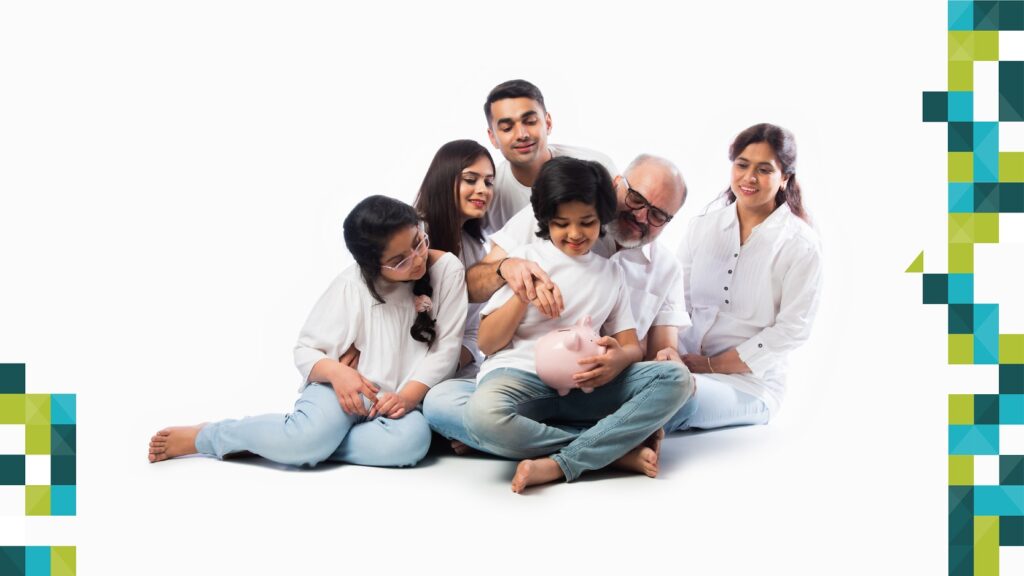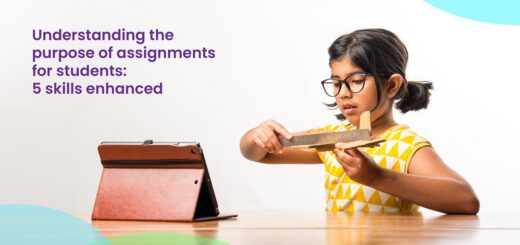Why is financial education essential for children?
Surprised? As early as the age of 7, children understand the concept of money using their limited intelligence. Most Indian parents ignore this important theme in their children’s growing phase. When parents spend money, they also send wrong signals which children tend to pick up unknowingly. As a child you may have also spent money blindly by just observing your mum and dad.

Does this not make you feel that your children should not make the same mistakes? At Siddhartha Public School, we also help parents impart money lessons to children. Importance of financial literacy for kids early in life makes them prudent before they are handed over money.
You need to be the ideal role model and this article is designed for money management techniques that children will understand. Next time when you give pocket money, there will be a drastic change in their attitude towards spending and saving.
Benefits of early financial education are taught with the following key lessons.
- How kids should value money and price of things they buy
- Become a role model
- Ways money comes into the family
- Lessons about pocket money
- Teaching older children to make budgets
- Explaining financial difficulties to children
- Helping kids to invest and save money regularly
- Let kids know about credit and debit cards
Why teach children about money management?
Let’s get one thing straight- if you do not take up the burden of teaching your children about money, someone else will do a risky job. Instead, why not give them a head start by teaching the value and prices much before others come into the picture? This way children will appreciate the lessons when they are all grown up and spend money on their own. Money management for children at the right age matters for all families.
As one of the best schools in Boduppal, Hyderabad, Siddhartha Public School team recommends the following ways:
1. Younger children can learn the concept of saving with piggy banks and glass jars. For preschoolers it is the simplest way to understand. The age-old piggy bank can be swapped for the clear jar. The glass jar enables the kid to see how the jar is filling up with money. As the contents of the jar grow make them feel great about it.
Set up a healthier example. Keep a small glass jar in the kitchen where you put some coins or rupees. The child sees you putting money in the jar and will do the same.
2. Buy a toy car/lego game and explain how much it cost. How was it earned? The toy may break or get lost, but the child will understand the value when there is a gap between the lost one and the demand for the next new toy.
Give them an opportunity to decide if they prefer a new toy over the pair of shoes required. So they learn to make decisions early in life.

3. Children grow up fast. teenagers should be taught about putting money in the bank. They can be given the responsibility to make deposits and increase the bank balance. Three things need to be instilled in the mind:
- Giving
- Spending
- Savings
The importance of financial literacy for kids will continue as long as they are not earning money themselves. Each family has different standard methods to help children save money. You can devise a unique method to encourage children to save. Once this lesson is taught, they will not have to undergo the situation of asking, ‘Where has all my money gone,’ in adult life. It is not easy to teach children.
Share your financial education ideas with us to benefit other students in our school.



